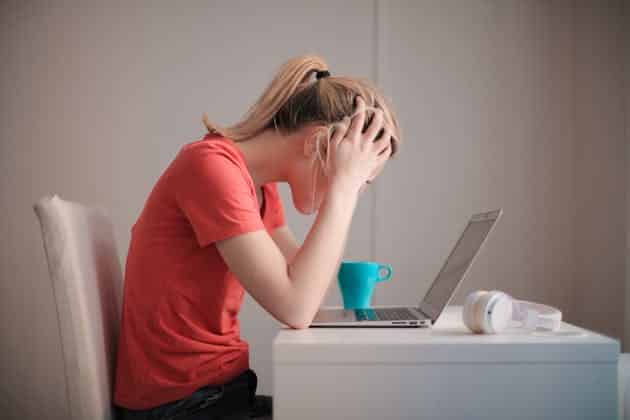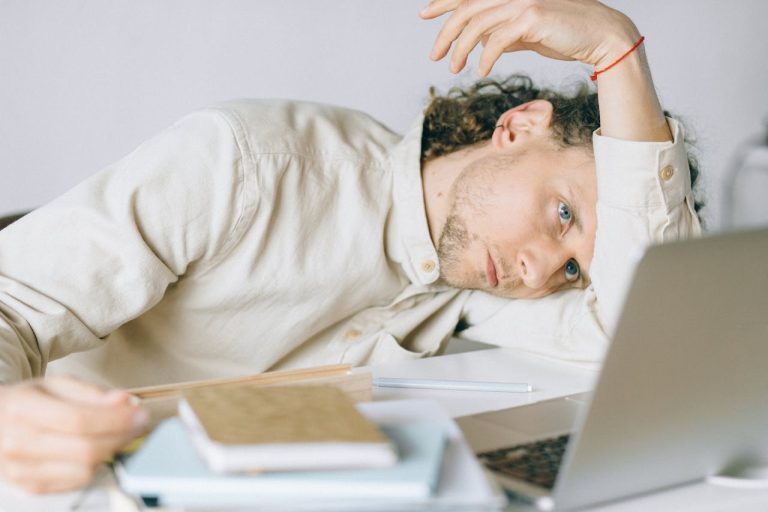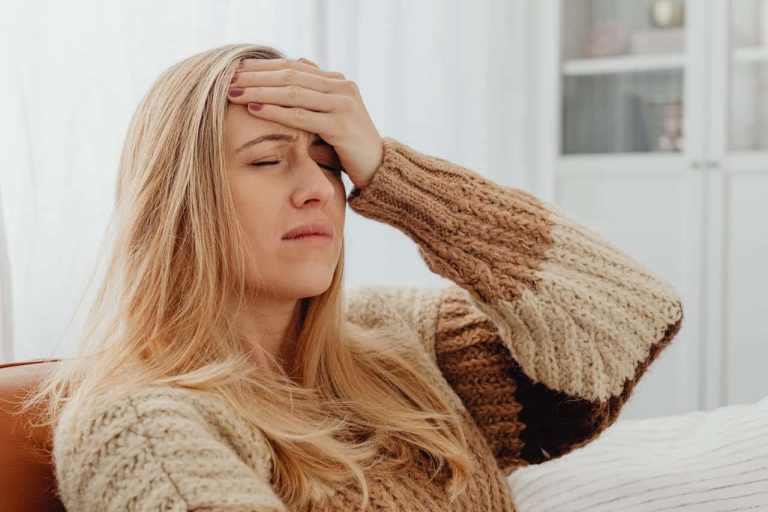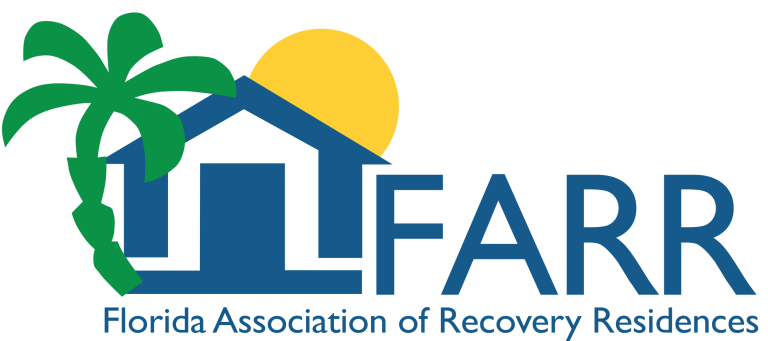Things that make us anxious are normal, but if they are overwhelming or unexpected, then it is all too normal not to feel anxious. Simply put, a sudden burst of anxiety impacts both your physical and mental well-being and makes it hard to function in everyday life. It’s important to learn how to manage these episodes to stay well. Let’s talk about what anxiety is, what are the signs of anxiety, what causes anxiety bursts, and how to manage them.
Anxiety: What Happens When You’re Anxious
Your body responds as if it is under threat but during anxiety. It is the fight or flight response that leads to a rush of adrenaline, which gets your body ready to react in a hurry. Common symptoms of anxiety during a sudden burst include:
- Rapid heartbeat
- Sweaty palms
- Shortness of breath
- Tightness in the chest
- Nausea or stomach discomfort
- Feeling dizzy or faint
- Feelings of racing thoughts or doom
These physical and mental reactions are normal things, not something to feel bad about, but when they hit without warning, they can be unnerving and hard to get over.
Signs of a Sudden Anxiety Burst
The first step in managing anxiety is to notice when it shows up. Sudden anxiety bursts may manifest as:
- Panic Attacks: Physical symptoms in the form of heart palpitations with feelings of intense fear.
- Racing Thoughts: An onslaught of emotions about which you may have no control.
- Hyperventilation: It causes rapid breathing, which can lead to dizziness and lightheadedness.
- Muscle Tension: Stress causing tightness or soreness in the body.
- Restlessness: An inability to sit still or relax.
If this is something that continues to happen, it could be an early sign of more of an anxiety disorder that needs to be addressed professionally.
Support is available—you've taken the first step by starting your research.
Lorem ipsum dolor sit amet, consectetur adipiscing elit. Ut elit tellus, luctus nec ullamcorper mattis, pulvinar dapibus leo.
You can also start by checking your insurance coverage online.
Causes of Anxiety Bursts
Several factors contribute to sudden anxiety bursts, including:

- Stress: Episodes can occur on high stress from work, relationships, or finances.
- Health Issues: Heightened anxiety can be due to chronic pain or illness.
- Trauma: Experiences of past trauma or the diagnosis of post-traumatic stress disorder (PTSD).
- Caffeine or Stimulants: Consumption of too much caffeine or another stimulant can amplify your symptoms of anxiety.
- Sleep Deprivation: The lack of adequate sleep causes mental disturbances and can cause anxiety.
Knowing your personal anxiety triggers gives you the power to develop tactics for preventing future anxiety bursts.
Contact Solutions Healthcare
Battling with Drug and Alcohol Addition? Remember, you are not alone and we are here to help you!
Ways to Manage Anxiety Bursts
Deep Breathing Techniques
Breathing control calms the body. Take a deep breath through your nose while breathing for four seconds and then exhaling slowly through your mouth for four seconds. Keep repeating until you feel a bit more grounded.
Grounding Techniques
Grounded techniques draw you out from your brain to the here and now. One popular method is the 5-4-3-2-1 technique:
- Find five things you know.
- Four things you can touch.
- Three things you can hear.
- Two things you can smell.
- One thing you can taste.
With this exercise, you return to the present moment.
Progressive Muscle Relaxation
- Tensing and letting go of different muscle groups one by one until physical tension is reduced is this technique. Work yourself from your toes to your head.
Mindfulness and Meditation
- Focused attention without judgment is what mindfulness meditation teaches us to do. Apps and guided meditations can help you practice this technique.
Exercise
- Regular physical activity releases endorphins that are natural stress reducers in your body. Walking, jogging, or yoga can help improve anxiety.
Limit Caffeine and Stimulants
- Cutting or stopping caffeine can reduce the chance of anxiety bursts. In place of beverages such as herbal teas or decaffeinated beverages, opt for.
Create a Calm Environment
- Code your living space in a way that leaves you feeling more relaxed; surround yourself with comforting items; or get familiar with soothing music.
Reach Out for Support
- Syndicating could help you get reassurance and perspective by talking to a trusted friend, family member, or therapist. An anxiety disorder treatment can be sorted out with the help of an expert.
Use Positive Affirmations
- Sometimes in an anxiety episode, it can help to repeat calming statements such as ‘I am safe’ or ‘This feeling will pass.’
Consider Anxiety Medication
- Doctors sometimes prescribe anxiety medication to alleviate very severe or long-lasting symptoms. Before starting any medication, it is always recommended to consult a healthcare professional.
Seeking Help for Anxiety Treatment in DeLand
While this can be overwhelming, educating yourself on the signs of anxiety and knowing how to deal with it will help you to reduce this sudden anxiety burst. Becoming mindful, using ground techniques, and getting support are important parts of being able to regain control. Professional anxiety disorder treatment from DeLand Treatment Solutions can be of help if you find your anxiety frequent or unmanageable.

To find out more or to schedule an appointment, call DeLand Treatment Solutions at (386) 866-8689. If you start to take proactive steps to manage your anxiety, you will be able to live a calmer, healthier, and more balanced life.





























